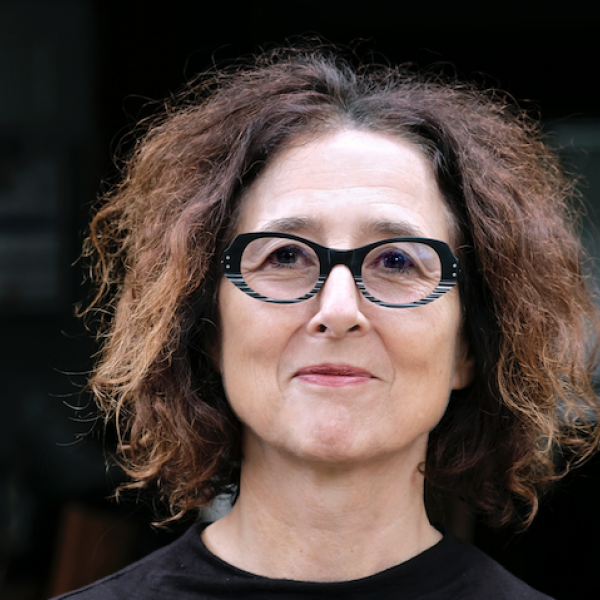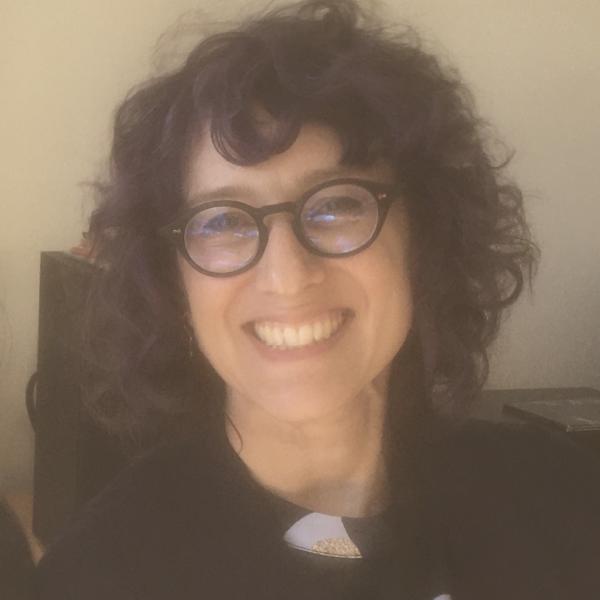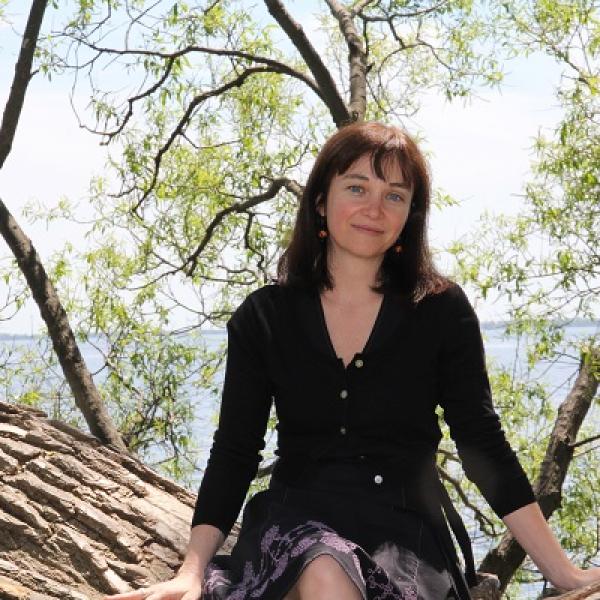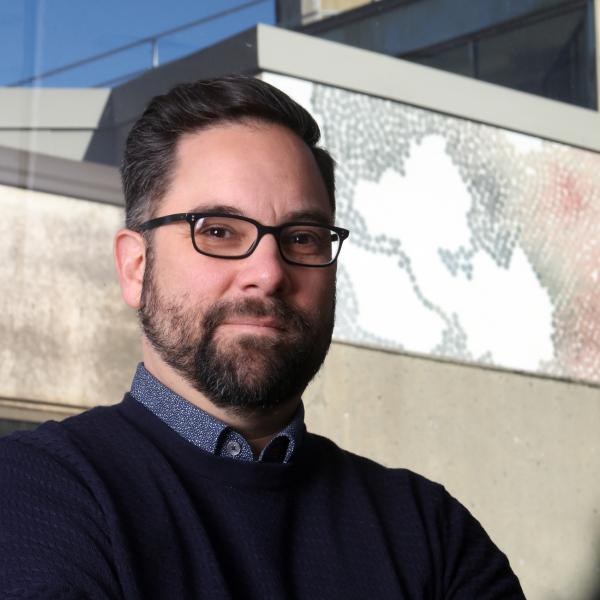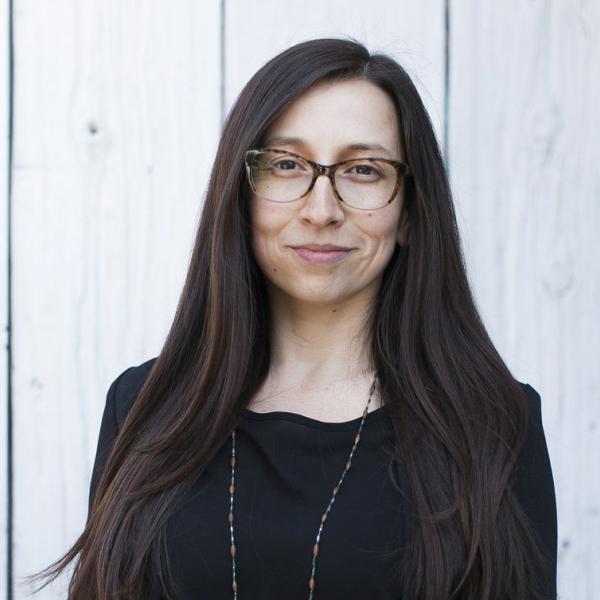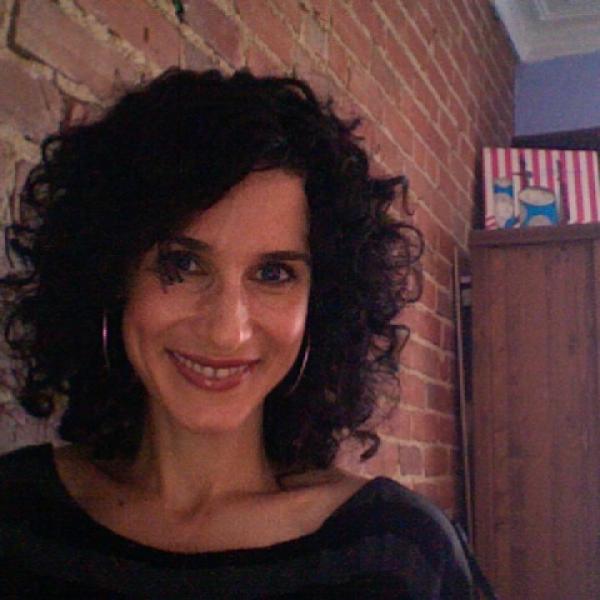Patrick Keilty is Associate Professor in the Faculty of Information and Cinema Studies Institute at the University of Toronto. He is director of the GLAM Incubator, a collaboration between the Faculty of Information and the Knowledge Media Design Institute. Professor Keilty’s research interests can be divided into two areas: the politics of digital infrastructures in the sex industries and the materiality of sexual media. He has published on embodiment and technology, data science, the history of technology, cataloging, archives, design and experience, graphic design, temporality, and sexual taxonomies. His work spans visual culture, sexual politics, science and technology studies, media studies, information studies, political economy, critical theory, and theories of gender, sexuality, and race. His research projects have been generously supported by multiple grants from the Social Sciences and Humanities Research Council (SSHRC). He is the editor or coeditor of Handbook of Adult Film and Media (Intellect 2025), Queer Data Studies (University of Washington Press 2023), and Feminist & Queer Information Studies Reader (Litwin 2013). He is currently writing a monograph about the politics of technology in the sex industries.
He was previously co-chair of the Adult Film and Media SIG in the Society for Cinema and Media Studies (SCMS) from 2020 – 2023, archives director of UofT’s Sexual Representation Collection from 2018 – 2023, and co-lead editor for Catalyst: Feminism, Theory, Technoscience from 2017 – 2019. For his work with Catalyst, he was a co-recipient of the 2020 Society for Social Studies of Science (4S) Infrastructure Award. In 2017, he was the co-recipient of The J. Franklin Jameson Archival Advocacy Award from the Society of American Archivists as a co-organizer of “Guerrilla Archiving,” an effort to save U.S. environmental data. In addition to his primary appointments, Professor Keilty is a faculty member at University College, affiliated with the Women and Gender Studies Institute, and member of the Technoscience Research Unit.
Professor Keilty teaches courses on technology studies, digital theory, feminist and queer studies, information infrastructures, and cinema studies. He holds a PhD in Information Studies, concentration in Women’s Studies (now Gender Studies), from the University of California, Los Angeles. He has lived in Toronto since 2012, and is originally from Alta Loma, California. Prior to academia, he worked in libraries and archives in Los Angeles, Washington, DC, and London, UK.
